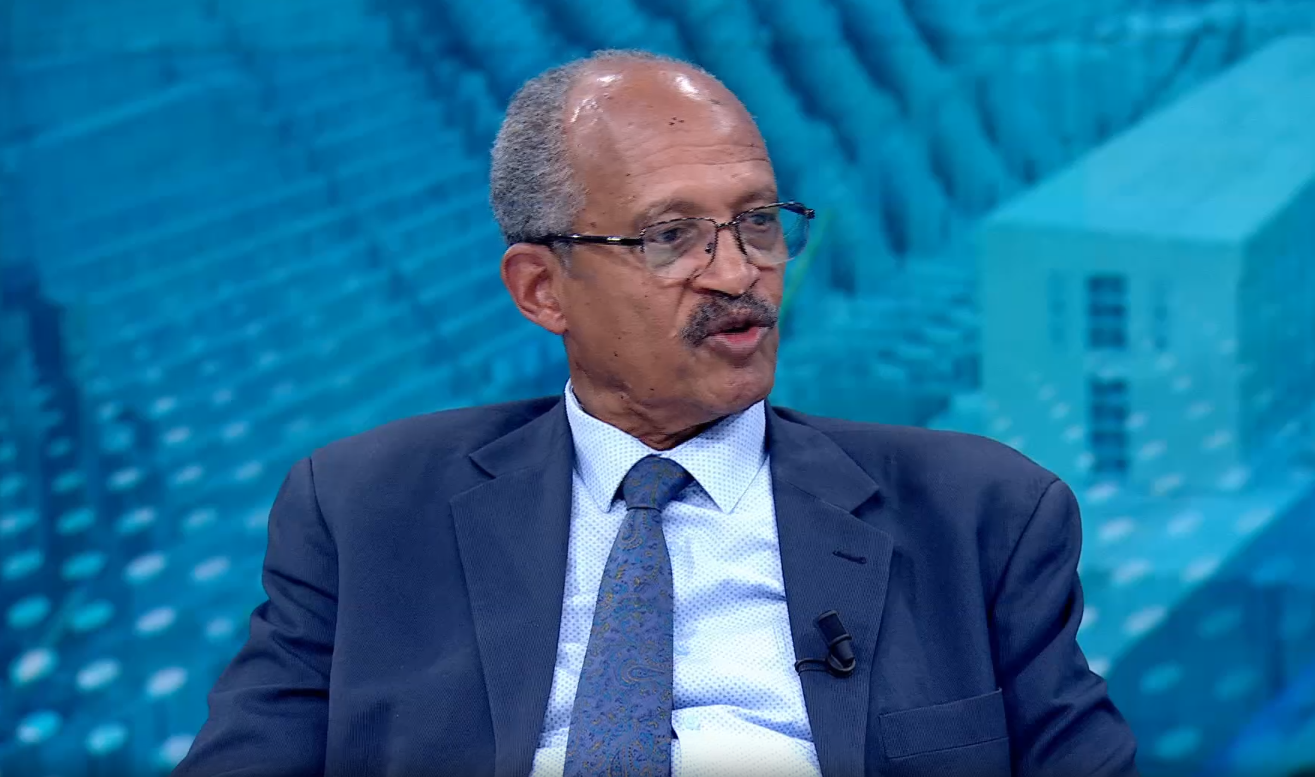GERD Will Transform Regional Relations Through Energy Cooperation: Leading Water Expert - ENA English
GERD Will Transform Regional Relations Through Energy Cooperation: Leading Water Expert

Addis Ababa, September 9, 2025 (ENA) -- The Grand Ethiopian Renaissance Dam (GERD) is more than a national achievement—it represents a historic opportunity for regional development, cooperation, and shared prosperity, according to Yakob Arsano, a renowned water politics expert who has represented Ethiopia in multiple international negotiations.
In an exclusive interview with ENA, Yakob emphasized the wide-ranging implications of Ethiopia’s hydropower development for the Nile Basin and beyond.
“The effects of this development are significant,” he said, highlighting both Ethiopia’s progress and its ability to meet national needs.
Yakob explained that GERD will first serve Ethiopia’s domestic requirements, powering homes, factories, and key service sectors.
“Ethiopia faces a significant energy gap, and this dam will help meet that need,” he said. “It will enable industries to grow, expand service sectors, and improve the quality of life for millions of Ethiopians.”
Beyond domestic benefits, GERD creates a unique opportunity for neighboring countries. Yakob detailed the growing interest from the region in purchasing Ethiopian electricity.
“Sudan is already buying power, Djibouti as well. South Sudan has shown interest, Kenya is purchasing, Tanzania is ready to do the same, and Somalia is also interested,” he said.
According to Arsano, sharing electricity through GERD can strengthen regional ties.
“When countries share resources, they naturally become more cooperative and supportive of each other,” he noted.
“Electricity sharing fosters trust, reduces the likelihood of disputes, and lays the foundation for future joint development projects. It is not just about energy—it is about building relationships and stability in the region.”
Yakob highlighted that GERD’s benefits extend beyond economics.
“If neighboring countries buy electricity and share resources, it creates interdependence that reduces conflict. Countries that collaborate on shared resources are less likely to oppose each other—they have a stake in each other’s success,” he said.
He also pointed out that shared electricity could be a model for other regional projects, helping countries work together on agriculture, infrastructure, or climate adaptation initiatives.
“GERD is a clean technology project, providing sustainable energy for Ethiopia and the region. It’s a tool for economic growth, peace, and stability,” Yakob added.
“When countries cooperate, they can prosper collectively instead of competing or opposing each other.”
Arsano concluded by stressing that GERD demonstrates how upstream countries can meet national development goals while fostering regional collaboration. “Upstream countries have responsibilities to their citizens, but projects like GERD show that regional cooperation is possible and mutually beneficial,” he said.
“GERD is a prime example of how shared natural resources can catalyze regional growth, trust, and long-term stability. Today it is electricity, tomorrow it could be other joint development projects—this is the kind of visionary cooperation that can transform the region.”